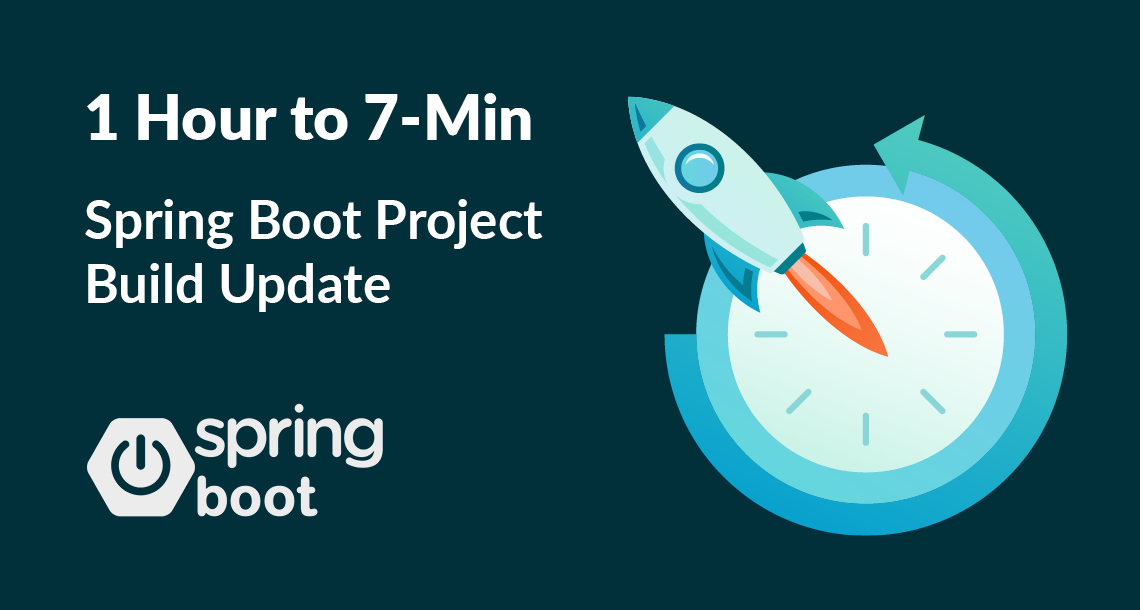Build rot: The hidden technical debt in Maven and Gradle builds
By Brian DemersDiscover ‘Build Rot’, the hidden technical debt in Maven and Gradle builds. This post explores the impact of Build Rot on build speed and test times, offering strategies for enhanced observability and Developer Productivity Engineering to optimize build processes.
Read More →











